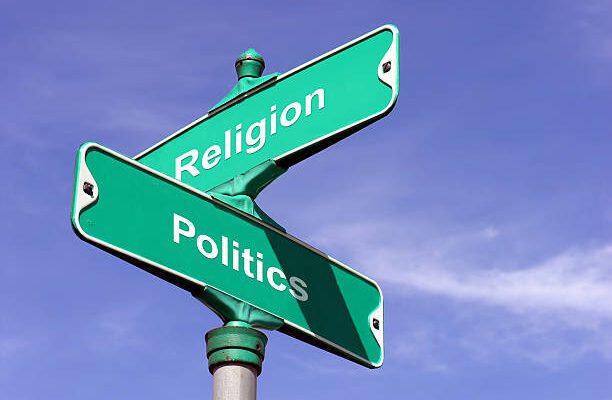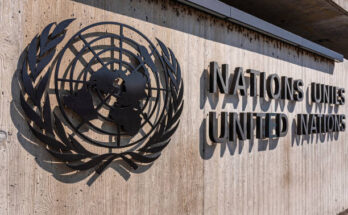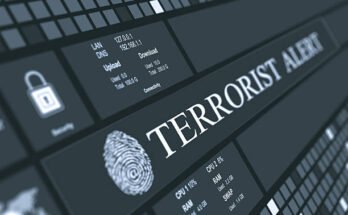Both politics and religion work to further their own causes by gaining political power. Nonetheless, they employ a variety of tactics to do this. Religion mobilizes religious sensibilities of people in order to gain their support to usurp power. Whereas politics uses scheming, diplomacy, and attempts to win public opinion either democratically, if the system permits it, or usurps power with the help of the army, if the society is underdeveloped and backward.
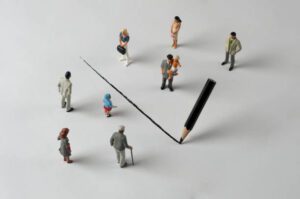 (Photo from istock)
(Photo from istock)
Because of this, when there is a power struggle, politics and religion both try to discredit each other. Religion seeks to use all political influence it may have to advance its divine goals. It claims to have divine power and that as such. It is on a sacred mission to change society with the aid of the divine. On the other hand, politics, which has no inherent value, bases its judgements on social needs and expectations, which leads to changes in the political system and the law.
Three models: relationship between politics and religion
- When politics and religion band together in an effort to seize control of the government. The term “integration and sharing model” is used.
- In the second paradigm, politics utilizes religion for its own purposes after subduing and dominating it. According to this approach, politics takes precedence above religion.
- In the third scenario, both parties clash, which ultimately results in their separation. In this concept, they are portrayed as competitors who battle it out for power.
Every religion was born and developed in a specific place and at a specific point in time. Which means that the primary goal of its teachings is to find solutions to current issues.
A religion must, however, adapt to these new obstacles if it wants to survive as time goes on. It must modify its teachings during this process to reflect changes. As time goes on, a stage develops where a religion is unable to address the issues of the day. And has little room to adapt to novel circumstances. Islam, for instance, required about two and a half centuries to reach its current level of rigidity.
Religion under politics
Every time political, social, or economic pressure pushes religion aside, society responds with philosophy, art, literature, and music. In the past, these were the eras of the Abbasid caliphate, whose ruler valued scholars and scientists. The Mughal era under Akbar is notable because new ideas were permitted to flourish during this time. When religion has little control over society, it becomes liberated. When it has all control and adopts an anti-change stance. It leaves society desolate. It diminishes the significance of modernity and returns society to archaic customs.
Separation of religion from politics?
Politics and religion need not be combined; doing so does not weaken or expose it. The real power of religion is not in courting and protecting the state, but rather in the trust in its veracity.
History demonstrates that anytime politics is asked to assist religion, it utilizes it for its own purposes and attempts to subordinate it, weakening religion and its beliefs in the process. Also, religion is criticized anytime it tries to meddle in politics or the economy and falls behind the times. It is clear that social and natural sciences are developing quickly in the modern era. And religion is unable to keep up with these changes or explain them from a religious perspective.
Adding history to the discussion…..
The concept of establishment has been at the center of political philosophy in the West since at least the time of Constantine, despite its current decline in relevance. The issue of establishment became particularly pressing in the early modern era, although there was also considerable discussion in the Middle Ages, as European societies struggled to determine precisely what roles church and state should play in each other’s spheres in the wake of the Protestant Reformation.
Any of a number of conceivable configurations for a religion in a society’s political life might be referred to as the “establishment.” Included in these arrangements are the following:
- A religious organization can qualify as a “state” church if it possesses the sole right to practice its religion.
- Churches may receive government funding through taxes and be governed by it (for example, the monarch is still officially the head of the Church of England, and the Canterbury Archbishop is chosen by the Prime Minister).
- Some ecclesiastical authorities may play a specific role in political institutions as a result of their position.
Even today, some forms of conservatism promote establishment by highlighting the advantages for the political system or society as a whole (Scruton, 1980). This school of thought holds that a strong level of pre- or extra-political social cohesion is necessary for a polis to be healthy.
More specifically, a certain level of social cohesion is required for citizens to feel sufficiently connected to one another (so that they will desire to work together politically) and to have a shared framework within which to make logical decisions as a society. This cohesion in turn depends on a high degree of cultural homogeneity, particularly in terms of commitment to particular values.
Conclusion
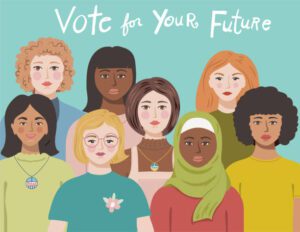 (Photo from istock)
(Photo from istock)
Although if secularism is advancing quickly in many nations throughout the world and even though this development appears to have something to do with the process of economic growth, religion continues to be a significant political phenomenon globally for a number of reasons. There are sizable populations of people who still identify as religious in even the most secularized nations (Sweden is sometimes used as a great example).
Furthermore, a lot of these cultures are currently dealing with immigration from groups who are more religious than the native-born populace and who practice religions that are foreign to the cultural history of the host countries. These individuals frequently receive extensive democratic rights, maybe even official citizenship. Furthermore, there are few indications that the conflict between the West and extreme Islam will soon ease.
References:
Internet Encyclopedia of Philosophy
Want to attract people’s investment in your product, click on the link below:
How to get people to invest in your product

